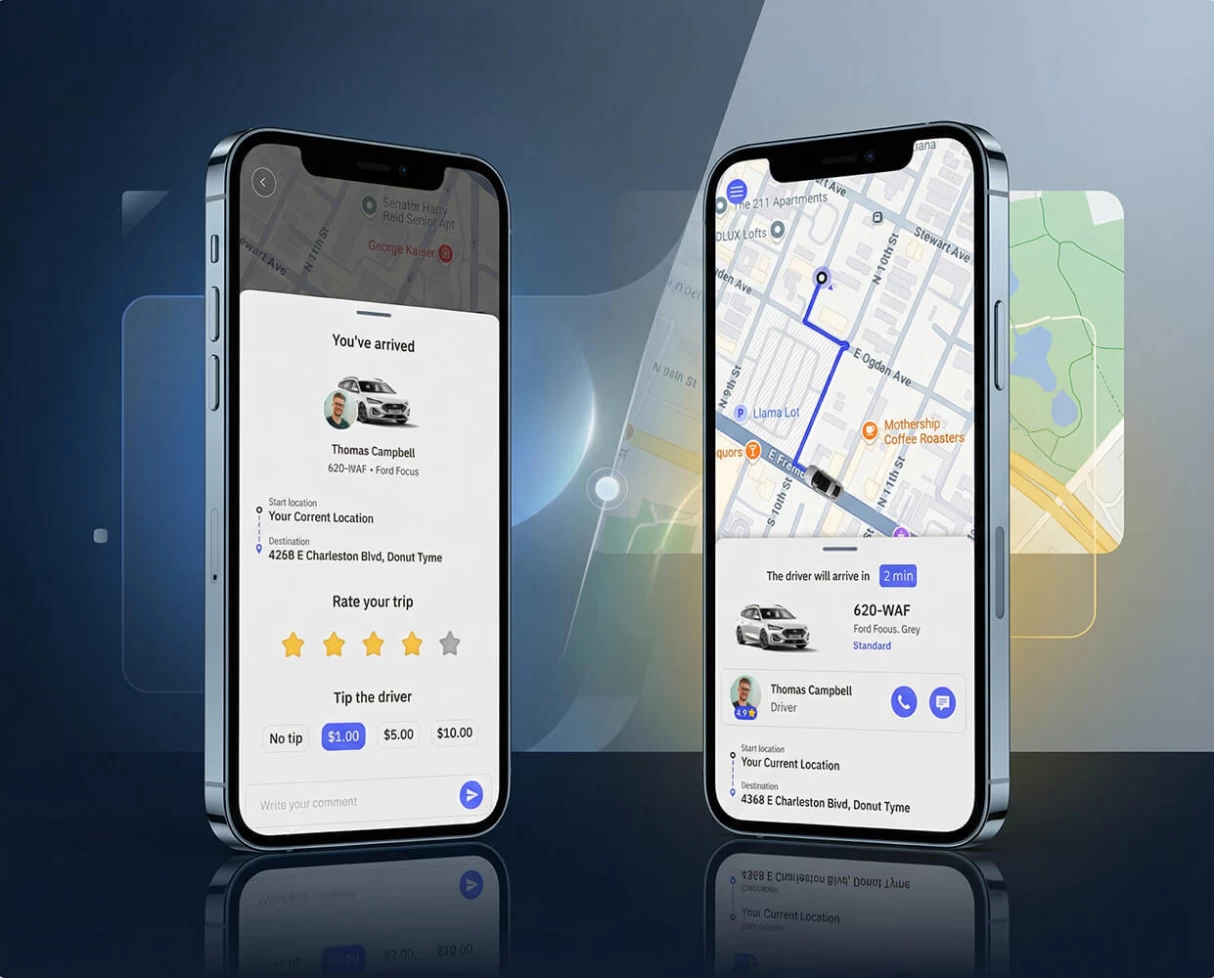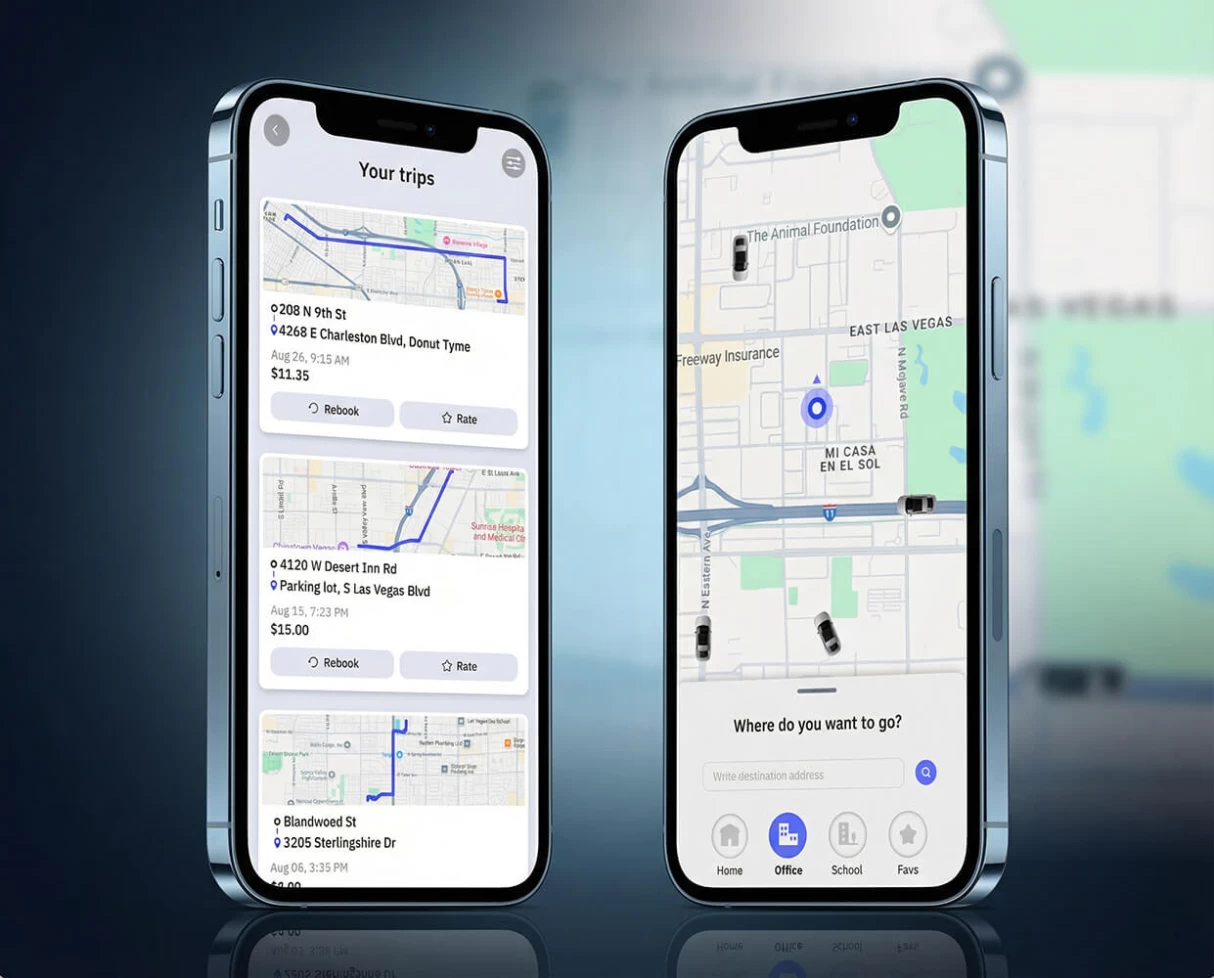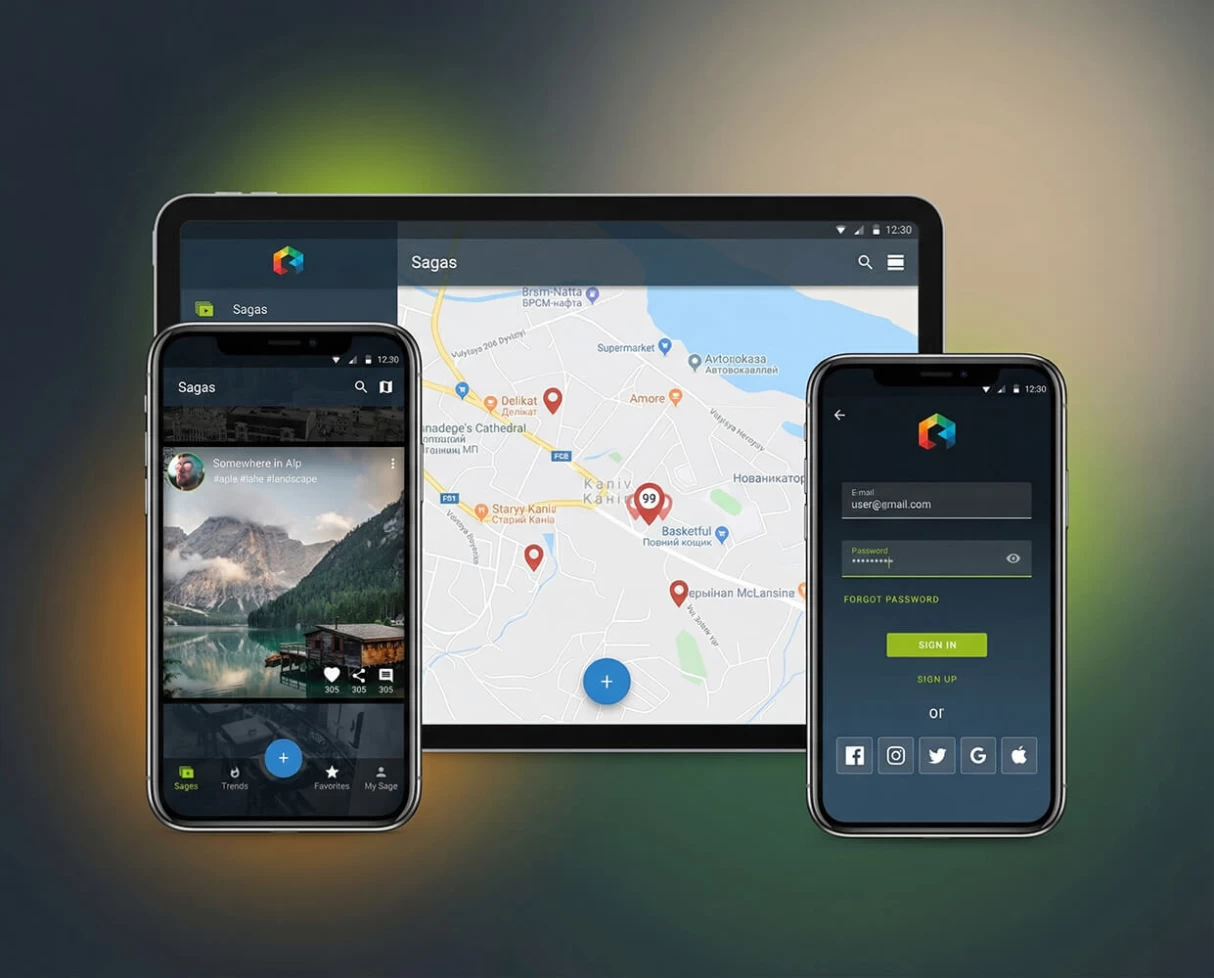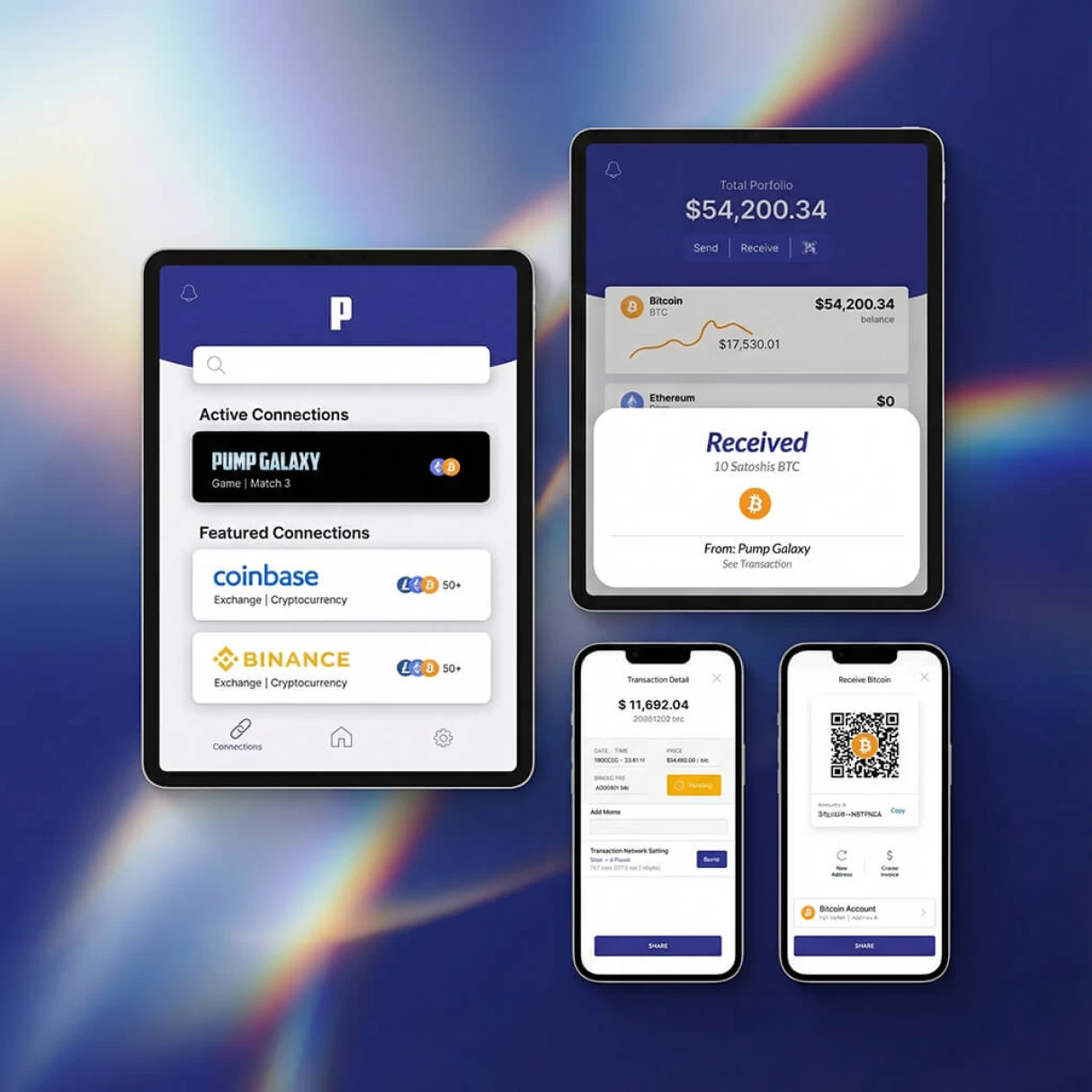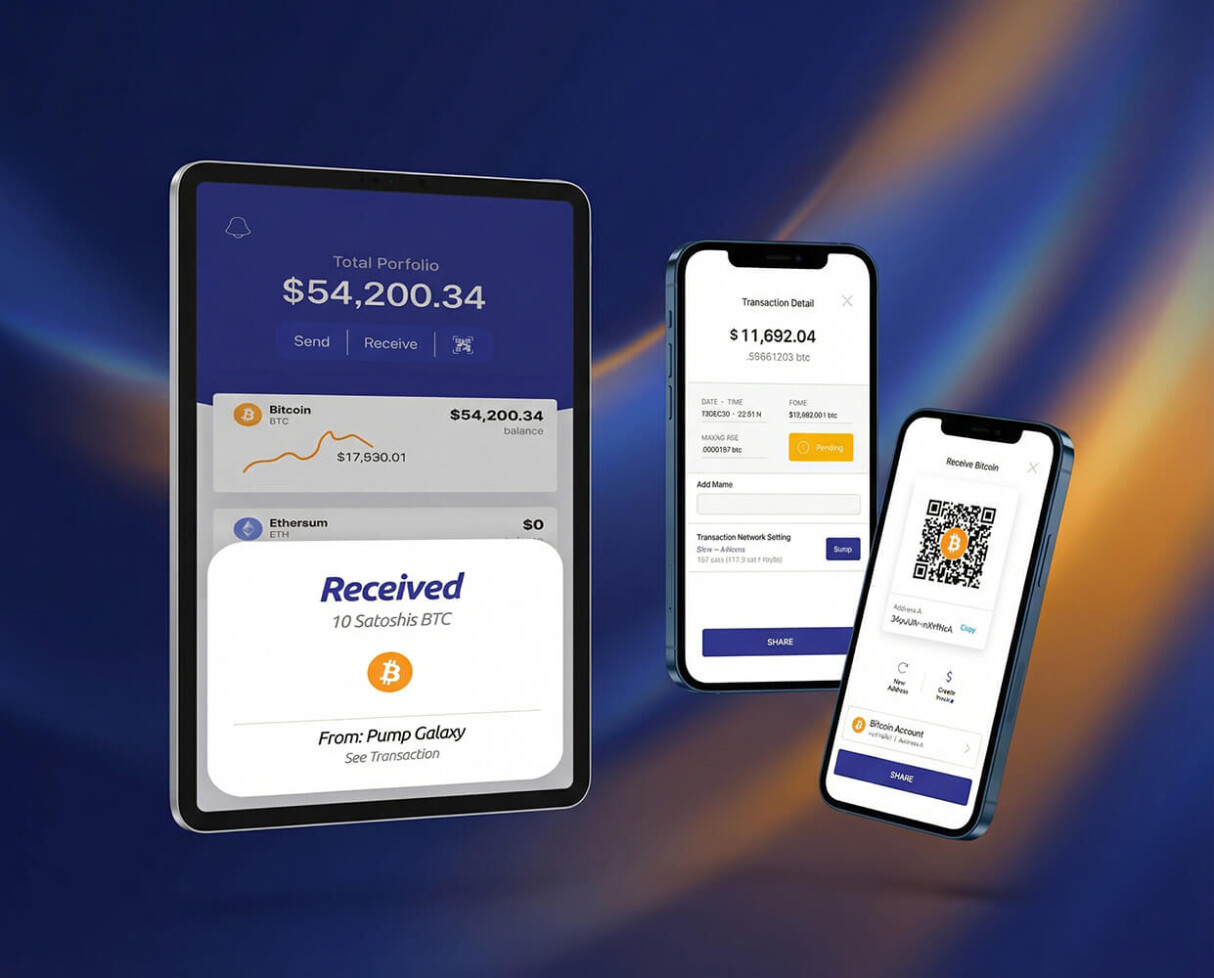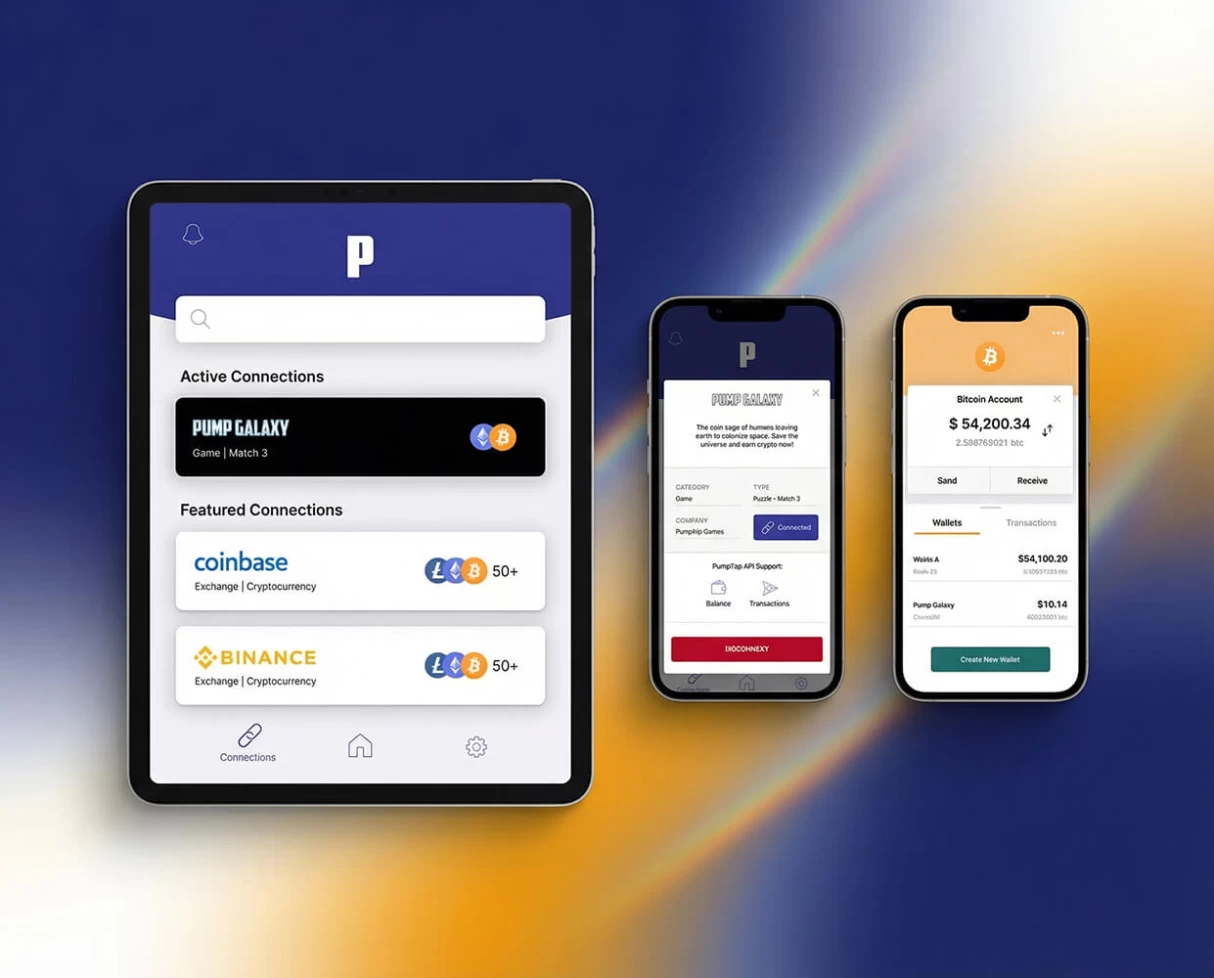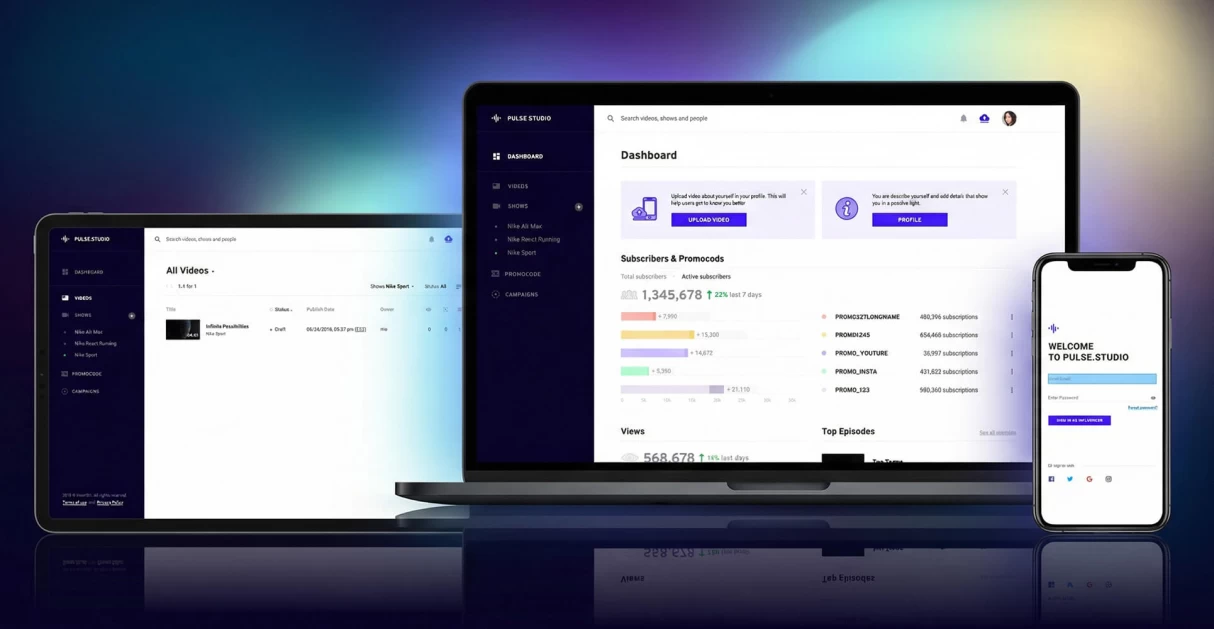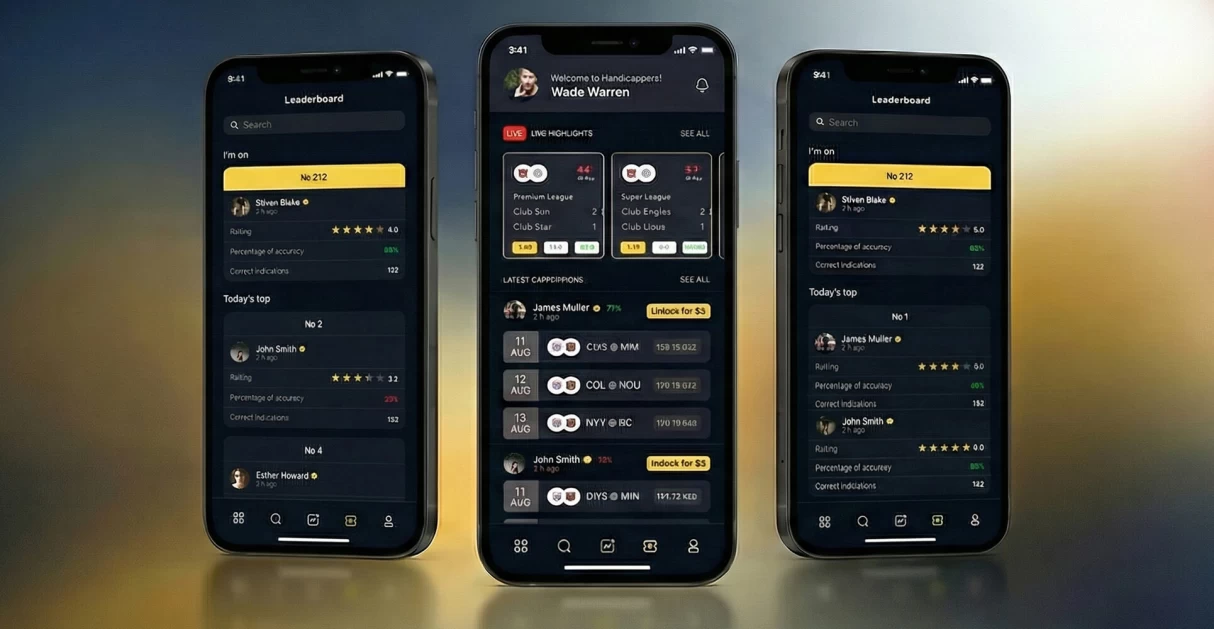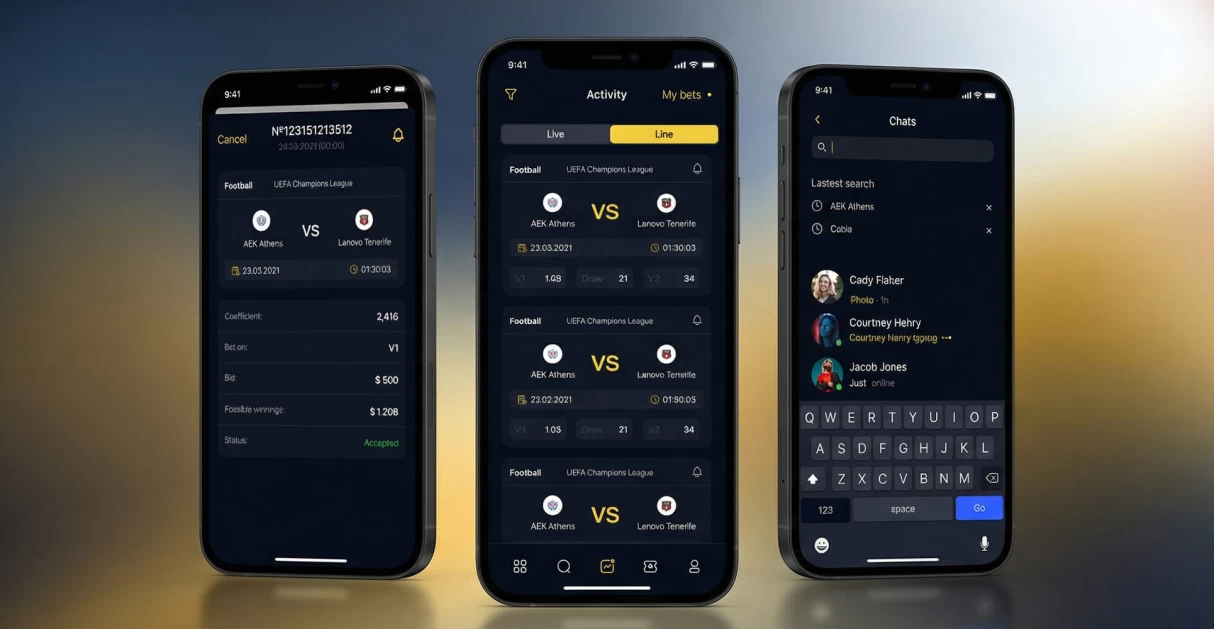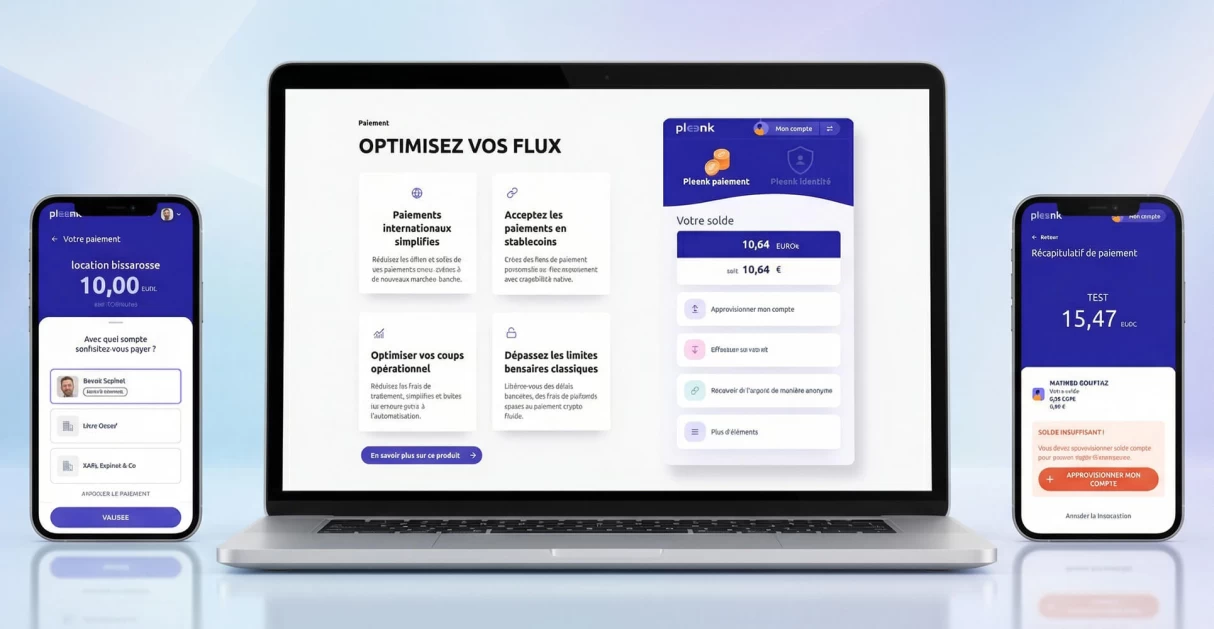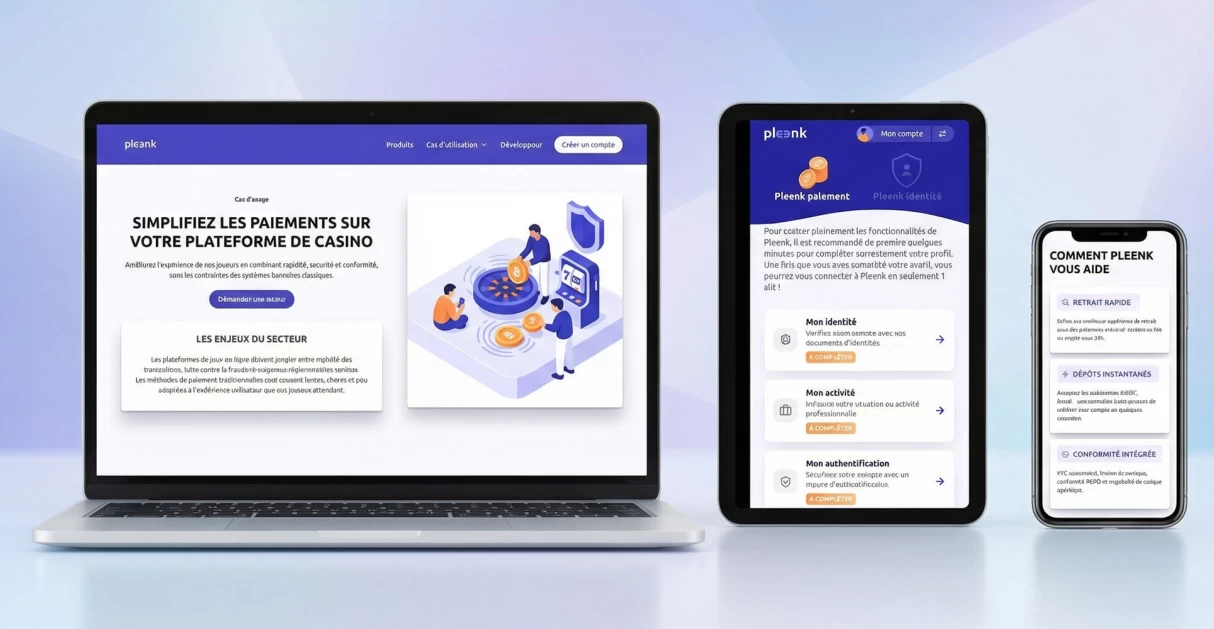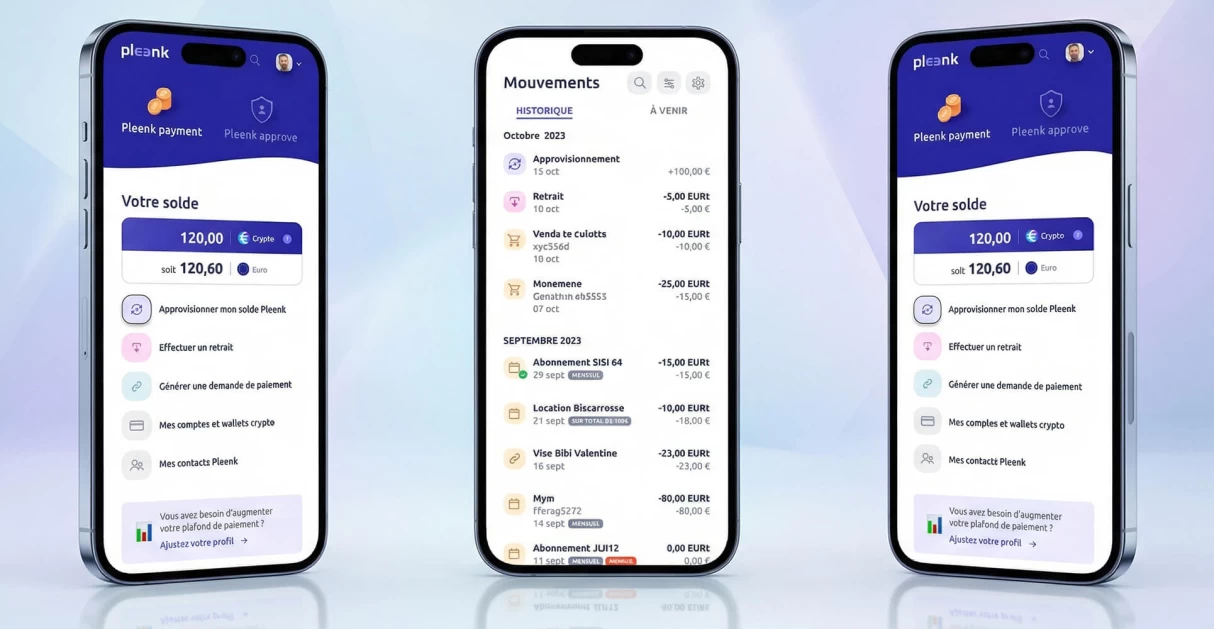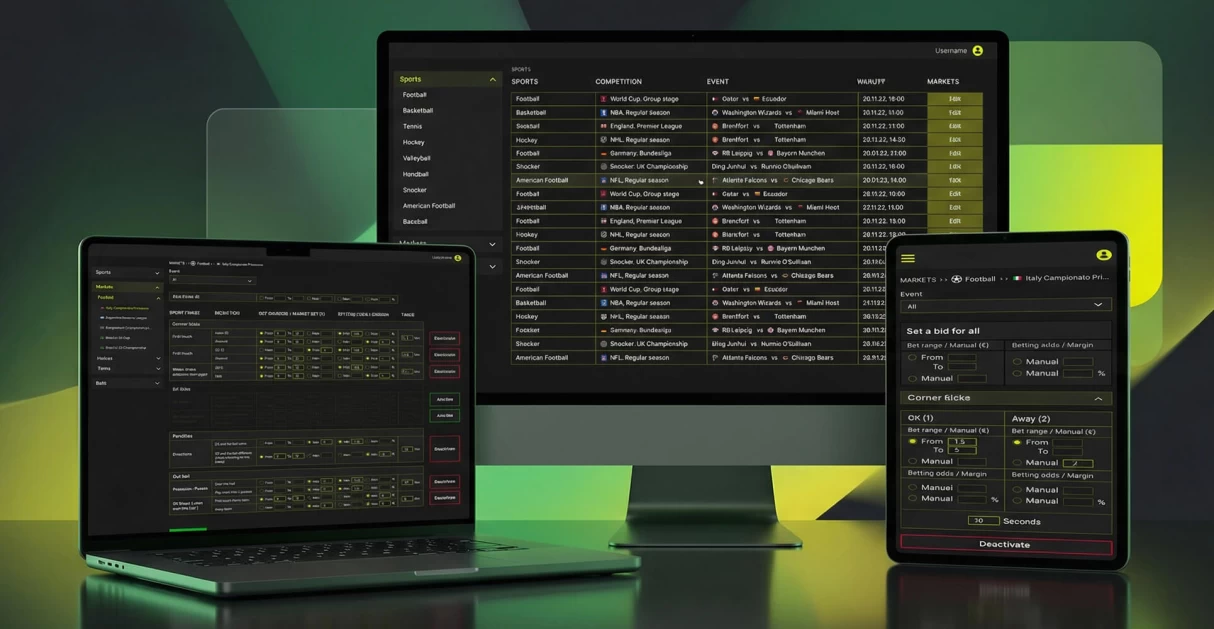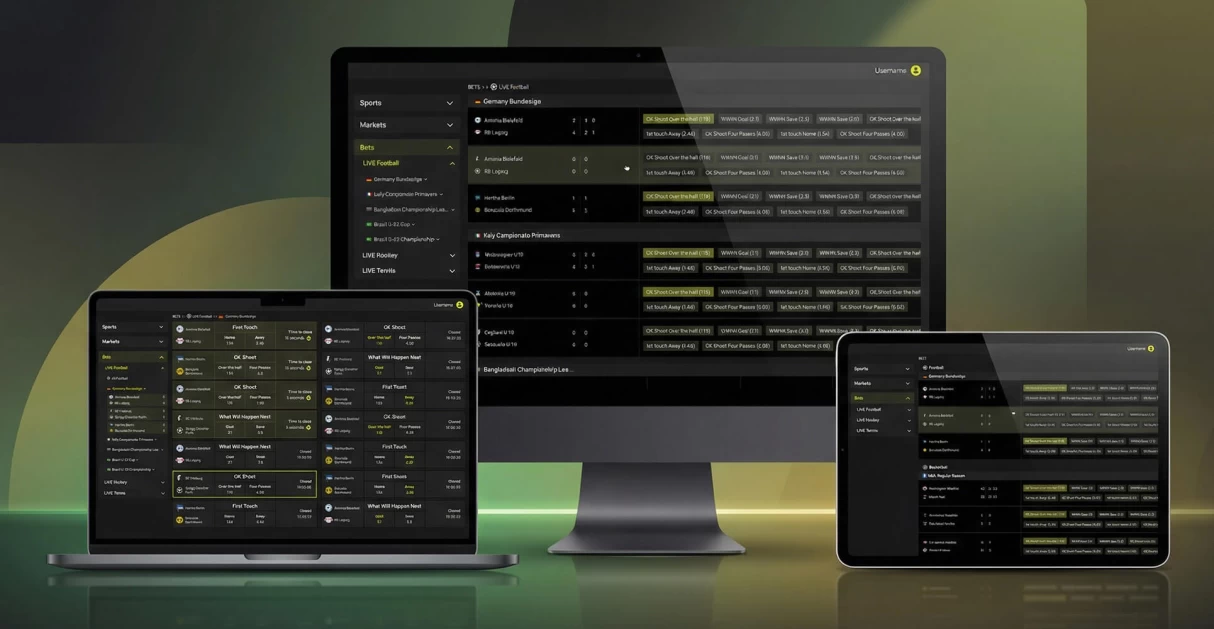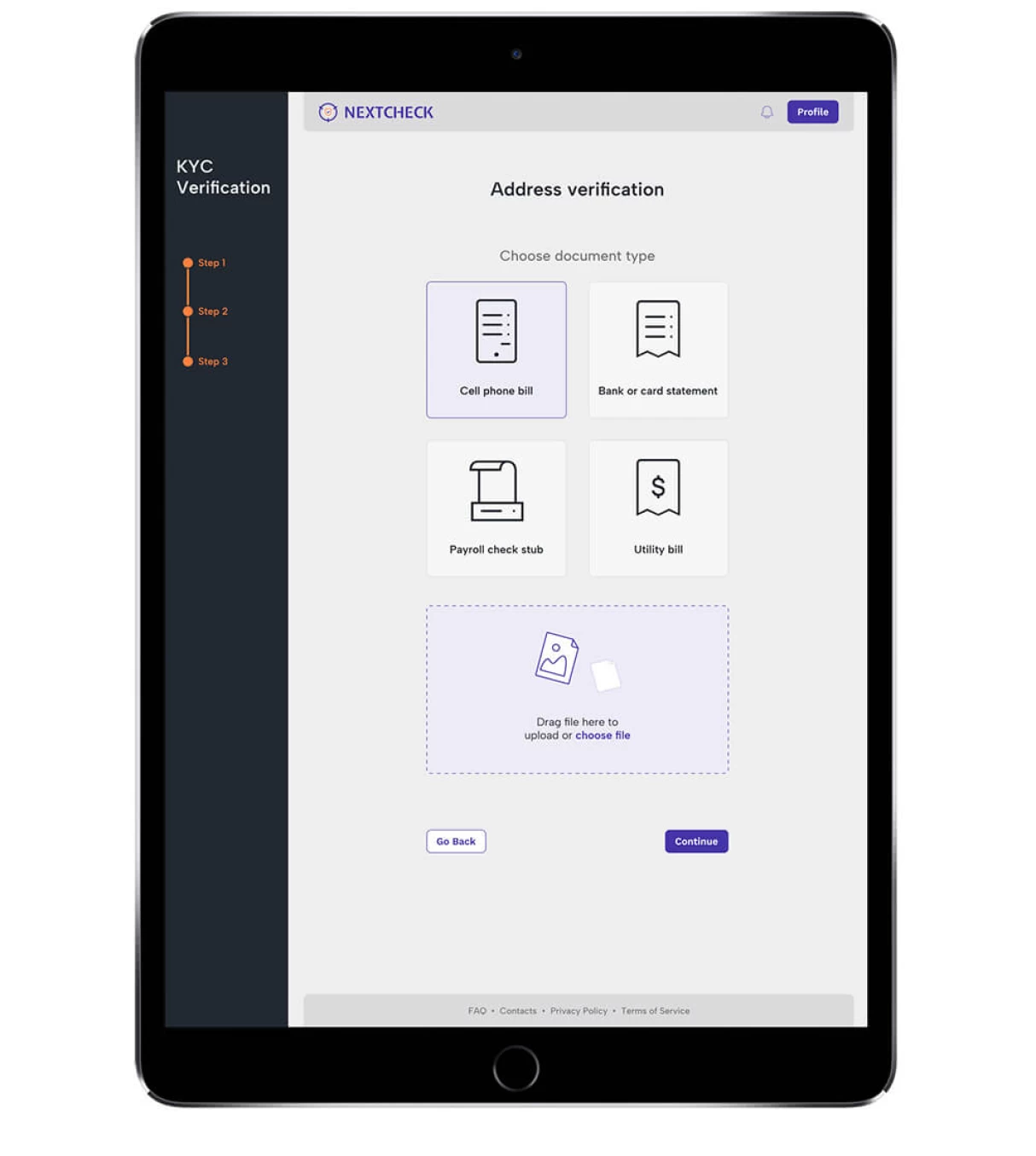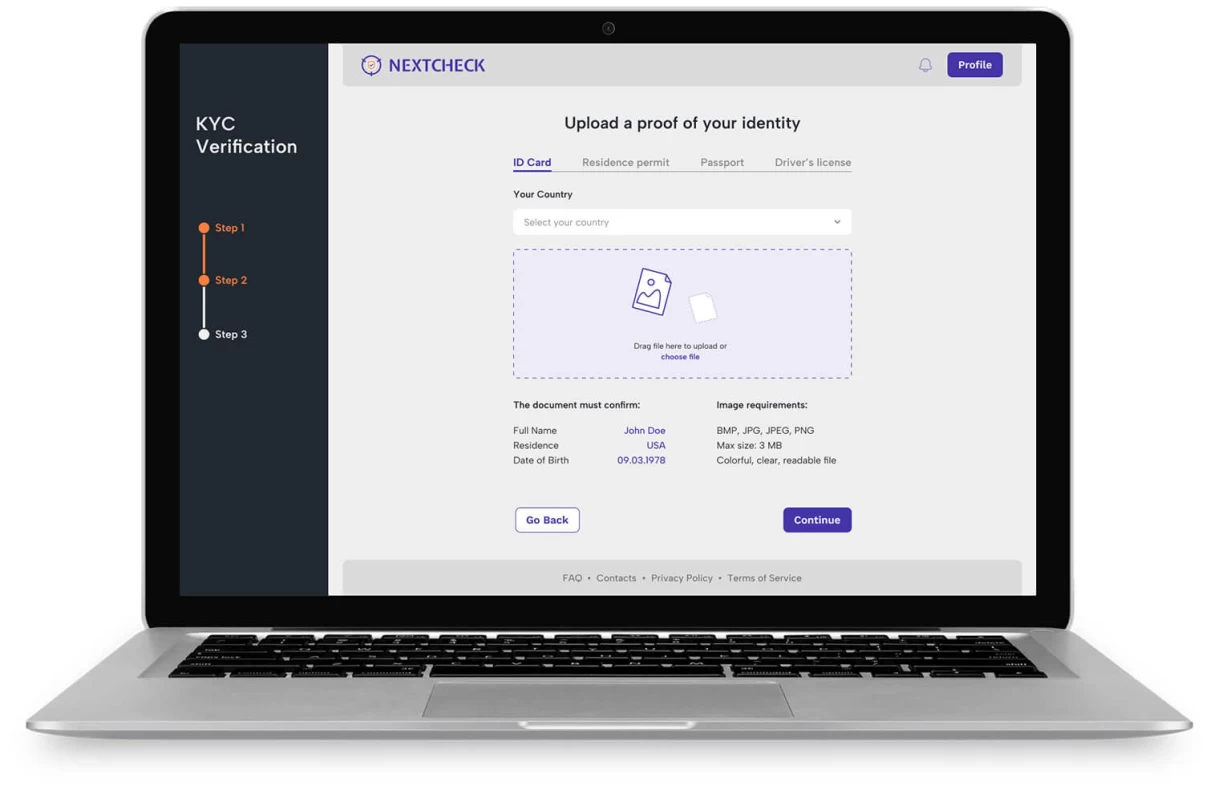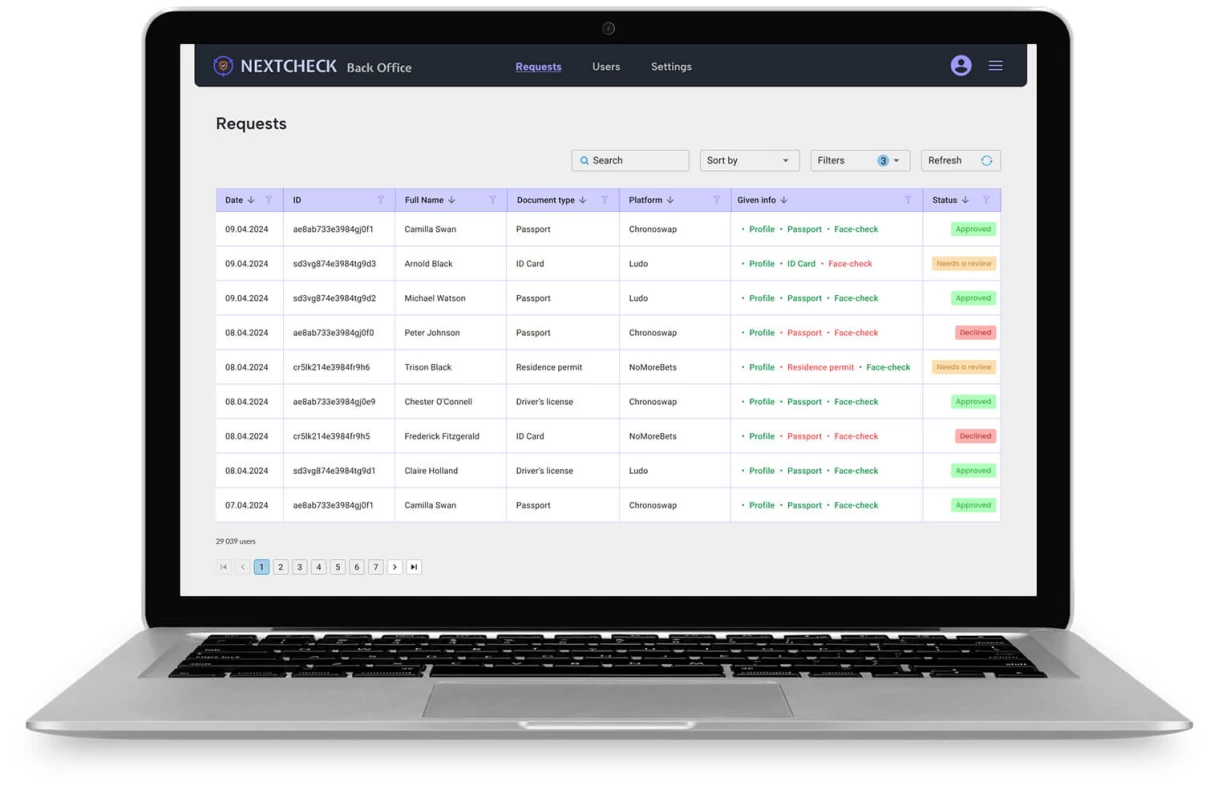Pharos Production collaborated with a taxi aggregator platform to develop a high-load ride-hailing application that connects passengers and drivers in real time. This platform consolidates various fleets and independent drivers into a single system, ensuring quick ride matching, live tracking and transparent pricing. Built on a cloud-native infrastructure, the solution offers low-latency interactions, reliable trip processing and scalability for operations at the city and regional levels.
Crypto, Web3 and Blockchain
We develop secure blockchain platforms, Web3 applications and decentralized solutions tailored for modern digital businesses. Our team builds scalable architectures, dependable smart contracts and seamless integrations that help companies innovate and succeed in the decentralized economy
Solutions we offer
About Founder and CTO

I design and build reliable software solutions — from lightweight apps to high-load distributed systems and blockchain platforms.
PhD in Artificial Intelligence, MSc in Computer Science (with honors), MSc in Electronics & Precision Mechanics.
-
12 years in architecture of great software solutions tailored to customer needs for startups and enterprises
-
23 years of practical enterprise customized software production experience
-
Lecturer at the National Kyiv Polytechnic University
-
Doctor of Philosophy in Artificial Intelligence
-
Master’s degree in Computer Science, completed with excellence
-
Master’s degree in Electronics and precision mechanics engineering
Technologies
-
Core Smart Contract Languages
Solidity, Rust and Move are the main languages used for creating decentralized logic on Ethereum Virtual Machine (EVM), Solana and upcoming blockchains.
-
Frameworks for Custom Blockchains
Substrate, the Cosmos SDK and Hyperledger Fabric enable companies to create customized blockchains, enterprise networks and modular, decentralized systems.
-
Layer-2 Scaling Technologies
Rollups, state channels and sidechains enable faster transactions and lower fees for high-demand decentralized applications (dApps).
-
Decentralized Storage Networks
IPFS and other decentralized storage solutions are used to store large files, metadata and off-chain assets in a distributed, censorship-resistant way.
-
Integration Libraries and SDKs
Ethers.js, Web3.js and wallet integration SDKs are essential libraries for connecting dApps to wallets, signing transactions and interacting with smart contracts.
-
Cross-Chain Interoperability Protocols
Bridges and messaging layers facilitate asset transfers, unified liquidity and communication across multiple blockchains.
-
Blockchain Indexing and Querying Tools
Indexers organize and retrieve on-chain data for dashboards, analytics, explorers and decentralized finance (DeFi) platforms.
-
Smart Contract Security and Audit Tools
Testing frameworks, static analyzers and formal verification tools are vital for ensuring reliability and preventing vulnerabilities in decentralized applications.
Our MVP development Expertise
-
-
Pharos Production has partnered with Sagas to create a location-aware social platform that enables users to capture, publish, and explore geo-located timelapses over time. This system combines real-time data ingestion, large-scale media processing, and map-centric discovery to transform physical locations into dynamic digital stories. Leveraging cloud-native infrastructure and event-driven architecture, Sagas allows users to document urban changes, natural evolution, and personal moments tied to specific places. The result is a scalable social network where time and location are central to content discovery.
-
Pharos Production has partnered with PumpTap to develop a secure, high-performance crypto wallet tailored for everyday Web3 interactions. PumpTap lets users store, send and manage digital assets across multiple blockchains through a simple, intuitive interface. Built on a scalable, event-driven architecture, the wallet delivers real-time transaction updates, robust security and seamless integration with decentralized applications.
-
Pharos Production has partnered with Pulse to create a community-driven social network that connects users with local stores through challenges, engagement activities, and real-world prizes. This platform transforms everyday local interactions into interactive experiences, enabling users to earn rewards from participating merchants. Built on a scalable, event-driven architecture, Pulse facilitates real-time interactions between users and businesses and supports rapid growth across cities and regions.
-
Pharos Production partnered with Pro Gambling to build a high-load sports forecasting platform focused on data-driven predictions, real-time analytics and scalable delivery of betting insights. The platform aggregates large volumes of sports data, odds movements and historical statistics to generate forecasts that help users make informed betting decisions. Built on a cloud-native, event-driven architecture, Pro Gambling delivers fast updates, transparent analytics and consistent performance during peak sports events.
-
Pharos Production has partnered with Pleenk to build a secure, scalable payments platform for fast transactions, fraud prevention and seamless integration with digital products. The platform processes payment flows in real time while maintaining high levels of security, transparency and reliability for both businesses and end users. Built on cloud-native infrastructure and an event-driven architecture, Pleenk provides a strong foundation for modern digital payments.
-
Pharos Production partnered with NoMoreBets to develop a worldwide one-tap live betting platform focused on speed and scalability. The system handles real-time odds and instant bets effortlessly. The result is a smooth, engaging betting experience that increased player retention, reduced drop-offs during live matches, and positioned NoMoreBets for global growth since 2022.
-
Pharos Production partnered with Nextcheck to replace outdated, manual onboarding with a secure, automated KYC/AML platform. Built on AWS, Kubernetes, Istio, Elixir, RabbitMQ, PostgreSQL and NextJS, the platform provides real-time biometric and document verification, risk assessment and compliance reporting. Since 2019, Nextcheck has reduced onboarding time by 60%, cut manual labor by 70% and expanded to support thousands of checks at once. Today, it powers global banks, fintechs and crypto firms with a cloud-native, regulation-ready, growth-oriented compliance platform.
Reviews
Technologies, tools and frameworks we use
Frameworks
-
Backend Frameworks
-
Spring Boot
-
Erlang OTP
-
NodeJS
-
Phoenix
-
NestJS
-
-
Front End Frameworks
-
React
-
Next.JS
-
Svelte
-
Angular
-
-
Mobile Apps Frameworks
-
iOS
-
Android
-
Flutter
-
React Native
-
Capacitors
-
Ionic
-
Swift
-
Kotlin
-
Java
-
Blockchains
-
Private and Public Blockchains
-
Ethereum
-
TON
-
Corda
-
Tron
-
Hedera
-
Stellar
-
Consensys GoQuorum
-
Solana
-
Arbitrum
-
Binance Smart Chain (BSC)
-
Sei
-
Celo
-
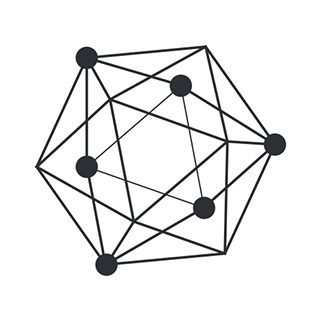 Hyperledger
Hyperledger -
MultiversX
-
IOTA
-
Polkadot
-
Aptos
-
Neo
-
Flow
-
Algorand
-
Avalanche
-
EOS
-
Optimism
-
Polygon
-
Cosmos
-
Sui
-
Tezos
-
Ontology
-
Fantom
-
NEAR Protocol
-
VeChain
-
Base
-
IPFS
-
-
Cloud Blockchain Solutions
-
Amazon Managed Blockchain
-
Amazon QLDB
-
IBM Blockchain
-
Oracle Blockchain
-
DevOps
-
DevOps Tools
-
Kubernetes
-
Terraform
-
Docker
-
Istio
-
Prometheus
-
Grafana
-
Jenkins
-
ArgoCD
-
Ansible
-
Clouds
-
Clouds
-
Amazon Web Services
-
Azure
-
Google Cloud
-
Databases
-
Databases
-
PostgreSQL
-
MySQL MariaDB
-
Redis
-
Cassandra
-
Neo4J
-
MongoDB
-
Elasticsearch
-
Solr
-
Ignite
-
Brokers
-
Event and Message Brokers
-
Kafka
-
RabbitMQ
-
Flink
-
Tests
-
Test Automation Tools
-
Postman
-
Appium
-
Cucumber
-
Selenium
-
JMeter
-
Cypress
-
Programming
-
Programming Languages
-
Solidity
-
FunC
-
Rust
-
GoLang
-
Elixir
-
Erlang
-
C++
-
Java
-
JavaScript
-
TypeScript
-
Scala
-
UI/UX
-
UI/UX Design Tools
-
Figma
-
Zeplin
-
InVision
-
Sketch
-
Miro
-
Marvel
-
Balsamiq
-
Photoshop
-
Illustrator
-
XD
-
After Effects
-
Corel Draw
-
Frameworks
-
Backend Frameworks
-
Spring Boot
-
Erlang OTP
-
NodeJS
-
Phoenix
-
NestJS
-
-
Front End Frameworks
-
React
-
Next.JS
-
Svelte
-
Angular
-
-
Mobile Apps Frameworks
-
iOS
-
Android
-
Flutter
-
React Native
-
Capacitors
-
Ionic
-
Swift
-
Kotlin
-
Java
-
Blockchains
-
Private and Public Blockchains
-
Ethereum
-
TON
-
Corda
-
Tron
-
Hedera
-
Stellar
-
Consensys GoQuorum
-
Solana
-
Arbitrum
-
Binance Smart Chain (BSC)
-
Sei
-
Celo
-
 Hyperledger
Hyperledger -
MultiversX
-
IOTA
-
Polkadot
-
Aptos
-
Neo
-
Flow
-
Algorand
-
Avalanche
-
EOS
-
Optimism
-
Polygon
-
Cosmos
-
Sui
-
Tezos
-
Ontology
-
Fantom
-
NEAR Protocol
-
VeChain
-
Base
-
IPFS
-
-
Cloud Blockchain Solutions
-
Amazon Managed Blockchain
-
Amazon QLDB
-
IBM Blockchain
-
Oracle Blockchain
-
DevOps
-
DevOps Tools
-
Kubernetes
-
Terraform
-
Docker
-
Istio
-
Prometheus
-
Grafana
-
Jenkins
-
ArgoCD
-
Ansible
-
Clouds
-
Clouds
-
Amazon Web Services
-
Azure
-
Google Cloud
-
Databases
-
Databases
-
PostgreSQL
-
MySQL MariaDB
-
Redis
-
Cassandra
-
Neo4J
-
MongoDB
-
Elasticsearch
-
Solr
-
Ignite
-
Brokers
-
Event and Message Brokers
-
Kafka
-
RabbitMQ
-
Flink
-
Tests
-
Test Automation Tools
-
Postman
-
Appium
-
Cucumber
-
Selenium
-
JMeter
-
Cypress
-
Programming
-
Programming Languages
-
Solidity
-
FunC
-
Rust
-
GoLang
-
Elixir
-
Erlang
-
C++
-
Java
-
JavaScript
-
TypeScript
-
Scala
-
UI/UX
-
UI/UX Design Tools
-
Figma
-
Zeplin
-
InVision
-
Sketch
-
Miro
-
Marvel
-
Balsamiq
-
Photoshop
-
Illustrator
-
XD
-
After Effects
-
Corel Draw
-
Partnerships & Awards
An approach to the development cycle
-
2 days
Team Assembly
Our company starts and assembles an entire project specialists with the perfect blend of skills and experience to start the work.
-
1-4 months
MVP
We’ll design, build, and launch your MVP, ensuring it meets the core requirements of your software solution.
-
6-12 months
Production
We’ll create a complete software solution that is custom-made to meet your exact specifications.
-
how long will it take
Continuous Support
Our company will be right there with you, keeping your software solution running smoothly, fixing issues, and rolling out updates.
What happens next?
-
Contact us
Contact us today to discuss your project. We’re ready to review your request promptly and guide you on the best next steps for collaboration
-
NDA
We’re committed to keeping your information confidential, so we’ll sign a Non-Disclosure Agreement
-
Plan the Goals
After we chat about your goals and needs, we’ll craft a comprehensive proposal detailing the project scope, team, timeline and budget
-
Finalize the Details
Let’s connect on Google Meet to go through the proposal and confirm all the details together!
-
Sign the Contract
As soon as the contract is signed, our dedicated team will jump into action on your project!
